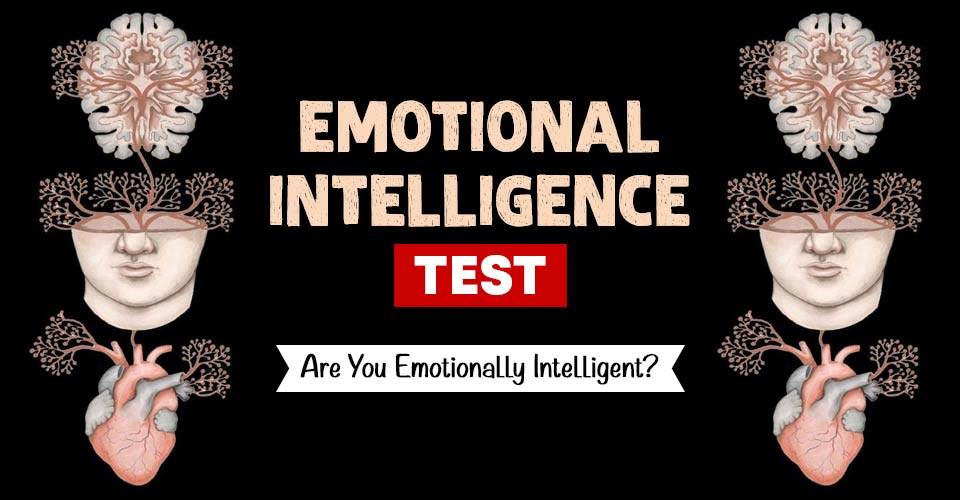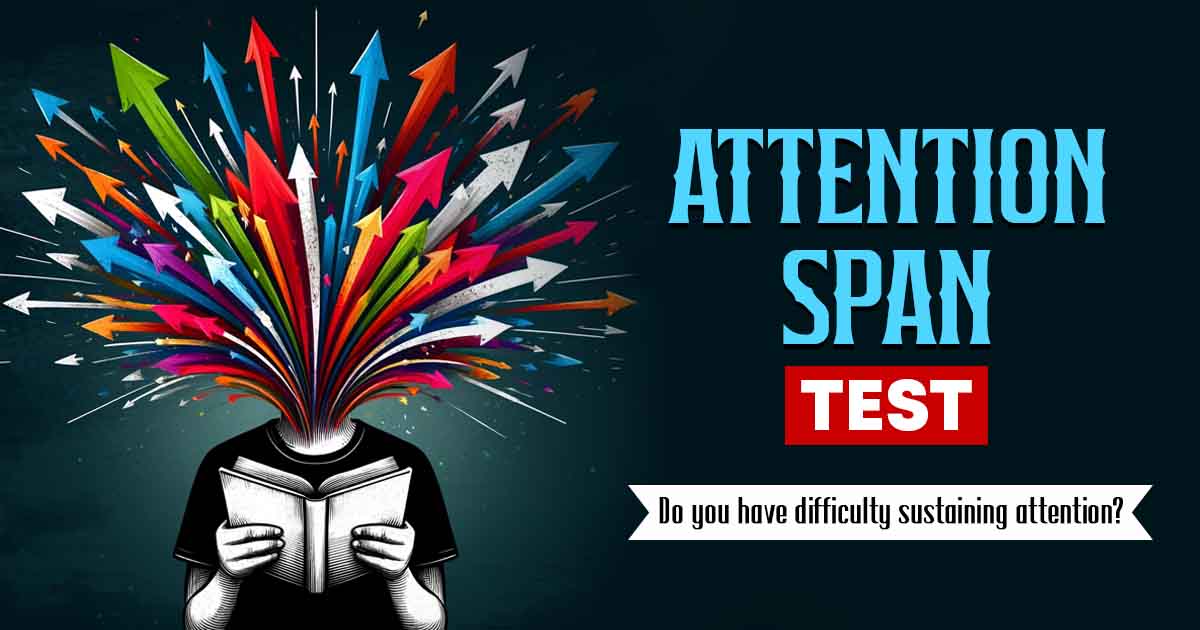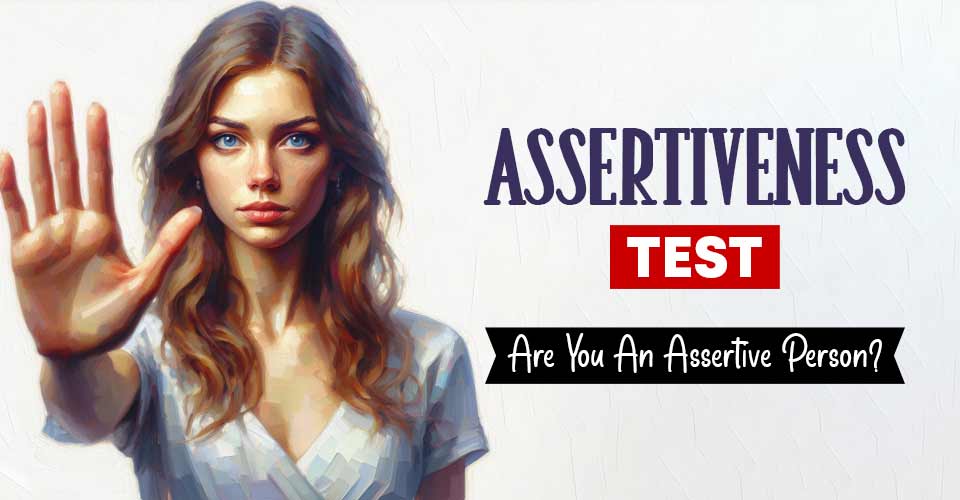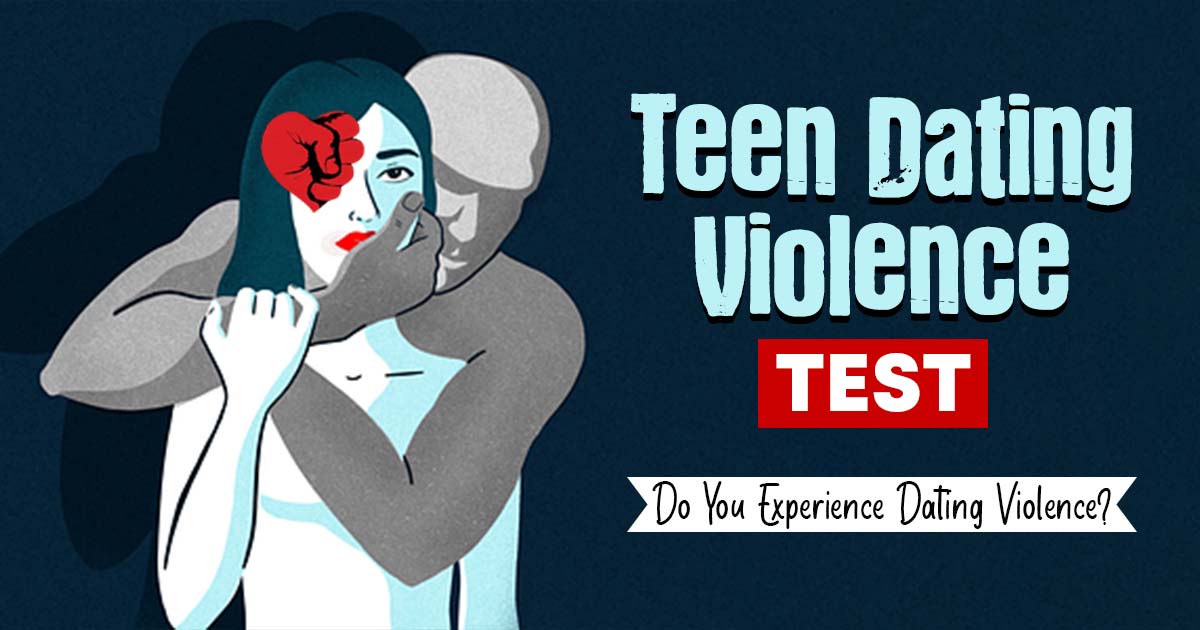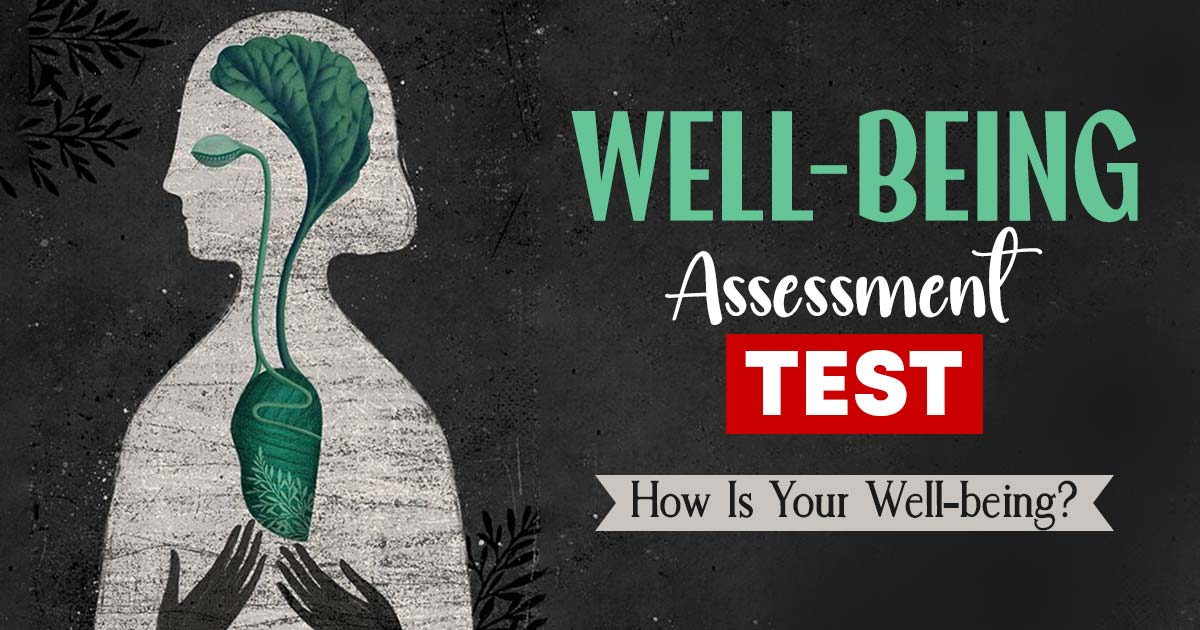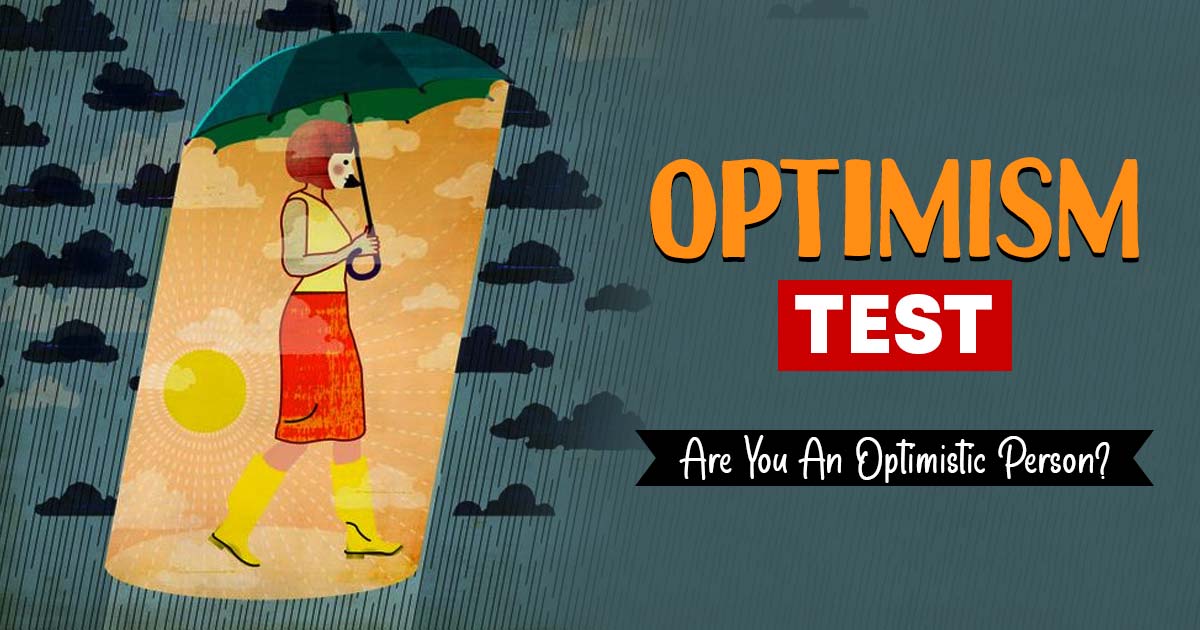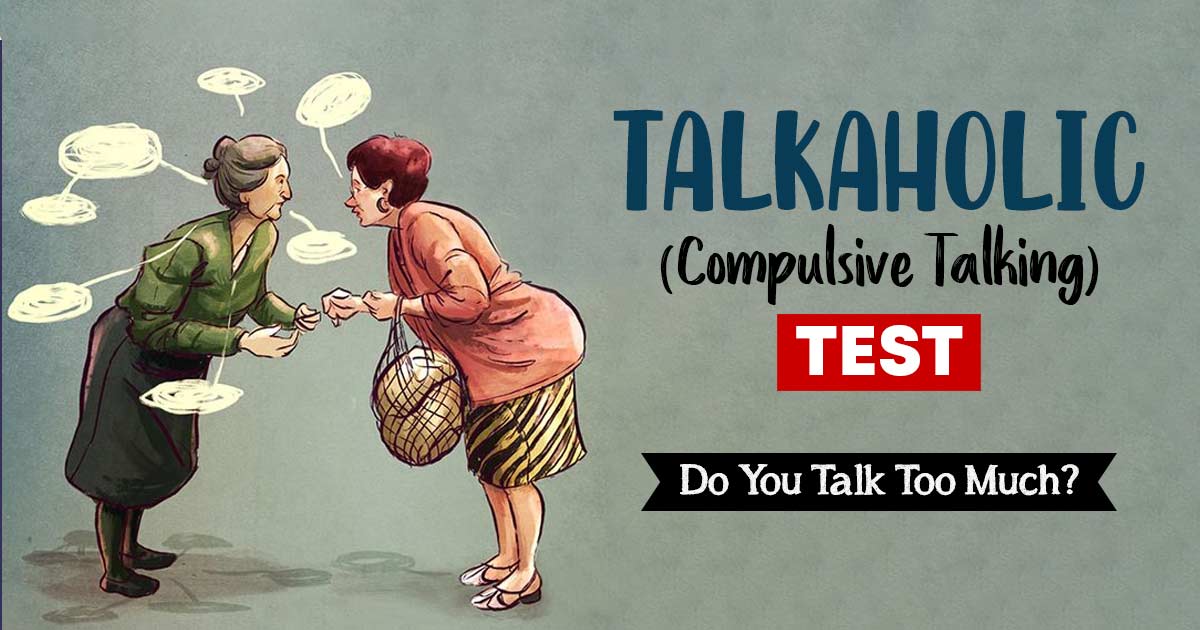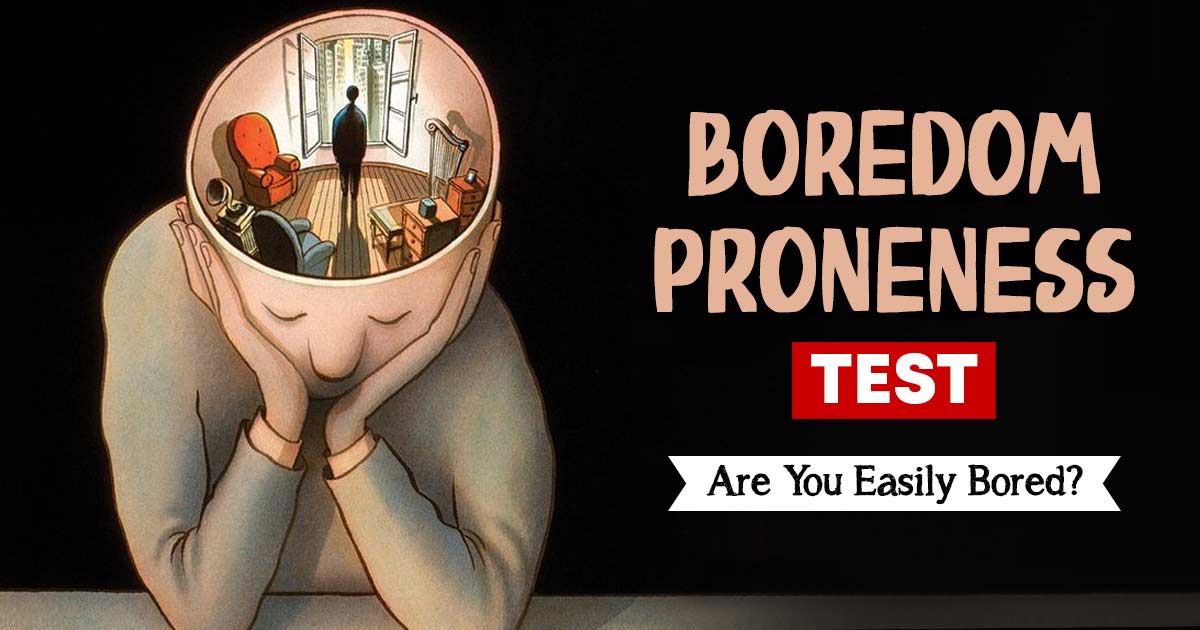Are you in tune with your own emotions? Do you have a knack for deciphering non-verbal cues from others? Are you skilled at cultivating positive relationships with those around you? Take this free Emotional Intelligence Test and check your understanding of emotions.
What Is Emotional Intelligence?
Emotional intelligence (EI) refers to the ability to identify, understand, and manage one’s own emotions, as well as the emotions of others. It involves the capacity to recognize and regulate one’s feelings, empathize with others, and use emotions to guide thought and behavior.
EI is considered an important skill for success in both personal and professional settings, as it can help individuals communicate effectively. EI includes four components: self-awareness, self-management, social awareness, and relationship management. Developing emotional intelligence can have numerous benefits.
Signs of high emotional intelligence in people are as follows:
- Better mental health functioning
- Higher job satisfaction
- Stronger interpersonal relationships
- More adaptable and resilient in the face of stress
- Greater success and fulfillment
Read More About Emotional intelligence Here
Instructions For Online Emotional Intelligence Test
Below is a list of statements related to an individual’s emotional intelligence. Please read each statement carefully and rate the extent to which these are relevant to you.
Please note: This emotional intelligence test is a self-assessment.
Assessment Summary
0 of 15 Questions completed
Questions:
Information
You have already completed the assessment before. Hence you can not start it again.
Assessment is loading…
You must sign in or sign up to start the assessment.
You must first complete the following:
Results
Results
Your time:
Time has elapsed
You have reached 0 of 0 point(s), (0)
Earned Point(s): 0 of 0, (0)
0 Essay(s) Pending (Possible Point(s): 0)
Categories
- Mental Health Assessment 0%
-
Sign Of Low Emotional Intelligence
Your score indicates that you have a low sign of emotional intelligence. It is evident from your score that you might have a low level of capability of understanding your own and others’ emotions. It also seems that you might rarely engage in sharing your actual emotions and helping others to make them feel better. Also, your score seems that you rarely prefer to build strong interpersonal relationships with others. It can be seen from your response that you might tend to give up mostly while facing a stressful situation in life. Besides this, it can be seen that you seem to rarely assess a situation before reacting and judging it.
However, it should be noted that your responses have a chance to impact your social, occupational, personal, and other areas of functioning.
Want to learn more?
Some ways can help to improve an individual’s emotional intelligence, such as developing strategies for managing one’s emotions, such as deep breathing, meditation, or exercise, seeking feedback from others to gain more insight, practicing active listening and empathy to better understand the emotions and perspectives of others, seeking out opportunities for social connection, build strong, positive relationships with others, and taking courses or read books on emotional intelligence to deepen one’s understanding and skills. If you want to know how to improve your emotional intelligence skills, talk to our professional psychologists.
You can use our Mood Tracker to stay mindful of your mood every day, and identify your innermost thoughts & emotions on a daily basis. It will help you in doing the things you love while limiting activities that might dampen your mood.
-
Sign Of Moderate Emotional Intelligence
Your score indicates that you have a moderate sign of emotional intelligence. It is evident from your score that you have a moderate level of understanding of your own and others’ emotions as well. It also seems that you might be somewhat capable of sharing your actual emotions and helping others to make them feel better in their difficult time. Also, your score seems that you might be somewhat capable of building a strong interpersonal relationship. It can be seen from your response that sometimes you seem to give up easily in some of the stressful situations in life. Besides this, it can be seen that often you seek activities that make you feel better and also try to some extent to react in a situation after assessing and judging the conditions.
However, it should be noted that these signs might impact your social, occupational, personal, and other areas of functioning.
Want to learn more?
Some ways can help to improve an individual’s emotional intelligence, such as developing strategies for managing one’s emotions, such as deep breathing, meditation, or exercise, seeking feedback from others to gain more insight, practicing active listening and empathy to better understand the emotions and perspectives of others, seeking out opportunities for social connection, build strong, positive relationships with others, and taking courses or read books on emotional intelligence to deepen one’s understanding and skills. If you want to know how to improve your emotional intelligence skills, talk to our professional psychologists.
You can use our Mood Tracker to stay mindful of your mood every day, and identify your innermost thoughts & emotions on a daily basis. It will help you in doing the things you love while limiting activities that might dampen your mood.
-
Sign Of High Emotional Intelligence
Your score indicates that you have a high sign of emotional intelligence. It is evident from your score that you have a high level of understanding of your own and others’ emotions as well. It also seems that you know when and how to share your emotions and help others to feel better when they are feeling low. Also, your score seems that you like to build strong interpersonal relationships with others. Further, it can also be seen that you seem not to give up easily while facing a stressful situation in life. Besides this, you strongly seem to love seeking activities that make you feel better and in most cases react to a particular situation after correctly assessing and judging it.
However, it should be noted that all these signs seem to indicate a positive impact on social, personal, occupational, and other areas of functioning in your life.
Want to learn more?
Some ways can help to improve an individual’s emotional intelligence, such as developing strategies for managing one’s emotions, such as deep breathing, meditation, or exercise, seeking feedback from others to gain more insight, practicing active listening and empathy to better understand the emotions and perspectives of others, seeking out opportunities for social connection, build strong, positive relationships with others, and taking courses or read books on emotional intelligence to deepen one’s understanding and skills. If you want to know how to improve your emotional intelligence skills, talk to our professional psychologists.
You can use our Mood Tracker to stay mindful of your mood every day, and identify your innermost thoughts & emotions on a daily basis. It will help you in doing the things you love while limiting activities that might dampen your mood.
- 1
- 2
- 3
- 4
- 5
- 6
- 7
- 8
- 9
- 10
- 11
- 12
- 13
- 14
- 15
- Current
- Review
- Answered
- Correct
- Incorrect
-
Question 1 of 15
1. Question
I am able to identify and express my emotions.
-
Question 2 of 15
2. Question
I can recognize the emotions people are experiencing, by looking at their facial expressions.
-
Question 3 of 15
3. Question
I have a tendency to work independently rather than collaborate with others.
-
Question 4 of 15
4. Question
I like to share my emotions with others.
-
Question 5 of 15
5. Question
I am unaware of how my emotions impact my thoughts and behavior.
-
Question 6 of 15
6. Question
I have control over my emotions.
-
Question 7 of 15
7. Question
I compliment others when they have done something well.
-
Question 8 of 15
8. Question
I am able to build positive relationships with others.
-
Question 9 of 15
9. Question
I find it hard to understand the non-verbal messages of other people.
-
Question 10 of 15
10. Question
I am able to learn from my mistakes and failures.
-
Question 11 of 15
11. Question
I seek out activities that make me happy.
-
Question 12 of 15
12. Question
I help other people feel better when they are feeling low.
-
Question 13 of 15
13. Question
I present myself in a way that makes a good impression on others.
-
Question 14 of 15
14. Question
I know when to speak about my personal problems to others.
-
Question 15 of 15
15. Question
I tend to give a sudden reaction to a situation before assessing and judging it.

